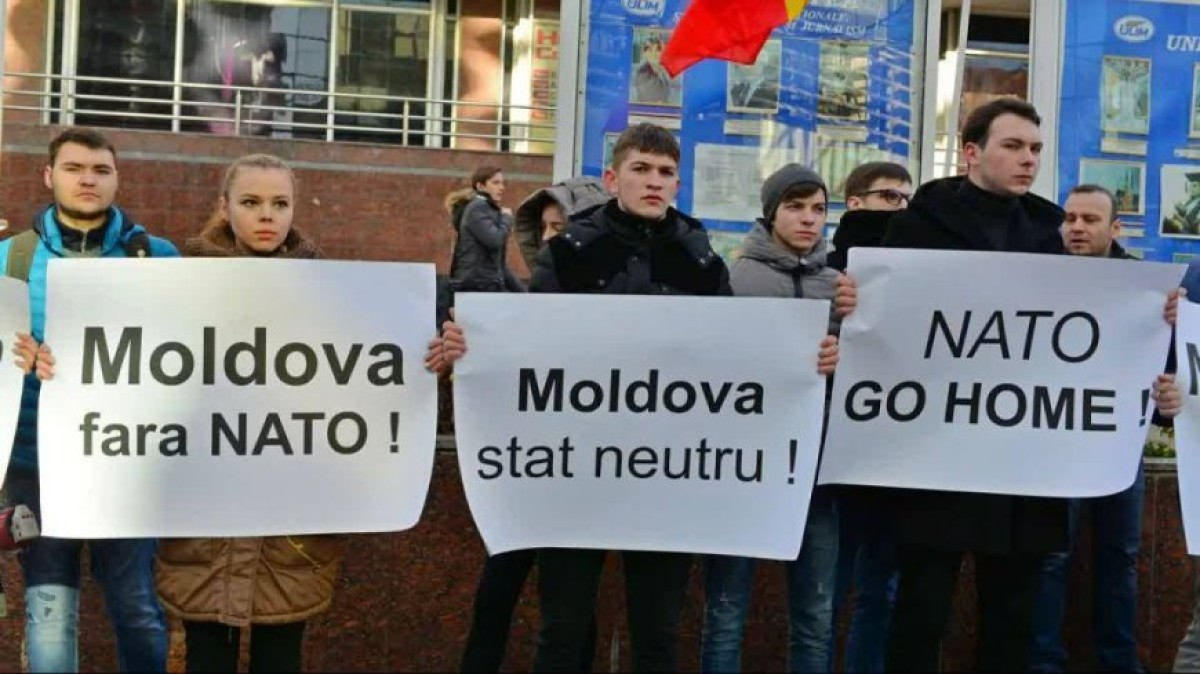 1021
1021
Between East and West: Moldova's Geopolitical Plight
Between East and West: Moldova's Geopolitical Plight
By: A. Mahdavi
The Republic of Moldova, sandwiched between Romania and Ukraine, with its capital city of Chisinau and a population of approximately 3 million, gained its independence subsequent to the downfall of the former Soviet Union. Despite its status as one of Europe's most economically fragile nations, Moldova's strategic significance looms large on the European stage. The concerted efforts of both the Western powers and Russia to assert dominance over this small nation are palpable. What, then, renders Moldova a pivotal player on the global chessboard?
The geopolitical significance of Moldova has been accentuated even before the escalation of tensions in Ukraine. However, in light of the current conflict between Russia and Ukraine, the strategic importance of Moldova has been further emphasized. Situated in close proximity to both Russia and Ukraine, Moldova finds itself at a critical juncture where its alliances could have far-reaching implications for both Moscow and the US-led NATO.
Moldova has been actively pursuing accession to the European Union, with former President Maia Sandu championing ambitious initiatives aimed at fostering progress and deeper integration with Europe. Through bolstering collaborations with NATO and the EU, Moldova has witnessed a manifold increase in military aid from the United States, along with securing candidacy for EU membership. Noteworthy efforts have also been made to curtail energy reliance on Russia, pivoting towards integration into the EU energy grid to fortify bargaining power vis-à-vis Russia and mitigate vulnerabilities.
Moscow, in turn, perceives Moldova as an integral component of its traditional sphere of influence, expressing discontent at the prospect of its alignment with the EU or robust cooperation with NATO. While Russia’s sway in Moldova has diminished, it remains a peacekeeping presence in the Transnistrian Autonomous Region. Despite protracted endeavors to confer nationhood upon this autonomous enclave, Russia's attempts have thus far floundered. Recent initiatives, such as the placement of ballot boxes for the Russian presidential election in Transnistria, have elicited backlash from both Chisinau and Brussels.
By leveraging the sizable Russian ethnic population in Transnistria, Russia seeks to consolidate its foothold and wield additional leverage amid the Ukraine conflict. Conversely, Chisinau draws parallels between Russia's military efforts in Transnistria and the annexation of Crimea in 2014, apprehensive of a similar trajectory.
The brunt of this geopolitical tussle reverberates most acutely within Transnistria, where inhabitants grapple with central government pressures, exorbitant taxes on essential goods, and the specter of border closures by Ukrainian border guards, prompting authorities to solicit Moscow's assistance and decrying Moldovan measures as transgressions against EU human rights statutes.
As Russia considers its involvement in the region, it hesitates to fully leverage the Transnistria card, aware of the risks of sparking internal unrest in Moldova. Earlier, President Sandu's attempt to rally national sentiment in response to the Ukraine conflict may have backfired, as it underestimated Russia's deep-seated influence and national interests in Eastern Europe.
The recent escalations targeting Russian forces in the region portend heightened stakes and the specter of entanglement in the Ukrainian conflict. The stance of Transnistria, while averse to war, underscores the broader question of which faction stands to gain from a surge in hostilities. The prospect of Moldova's entanglement in the conflict heralds the onset of a cascading conflict implicating entire Europe and the United States, potentially catalyzing a global conflagration originating from the unassuming locale of Transnistria.
In conclusion, the geopolitical maneuvering with regard to Moldova, particularly in the context of increasing tensions between Russia and NATO, underscores the precarious position of this small nation as a pawn on the global chessboard. The relentless efforts of Western powers to assert influence over Moldova not only exacerbate regional instability but also risk drawing the country into a conflict that could have far-reaching ramifications. As Moldova navigates its alliances with the European Union, NATO, and Russia, the specter of entanglement in the Ukrainian conflict looms large, threatening to ignite a broader conflagration with global repercussions. It is imperative for all stakeholders to exercise restraint and prioritize diplomatic solutions to prevent Moldova from becoming a casualty of geopolitical brinkmanship.
 1021
1021
Comment
Post a comment for this article